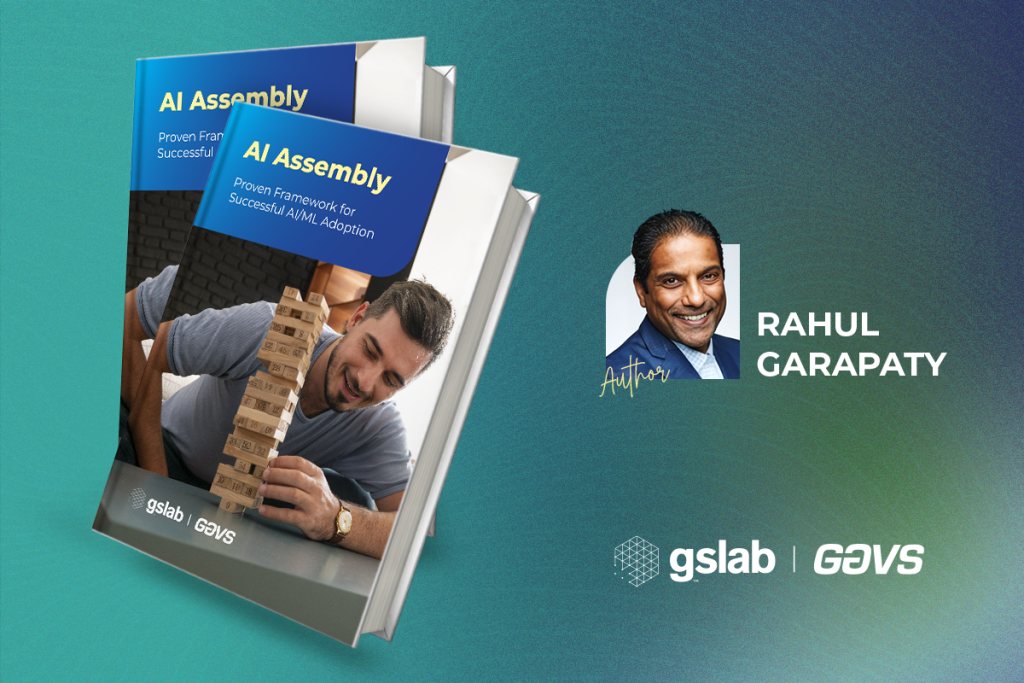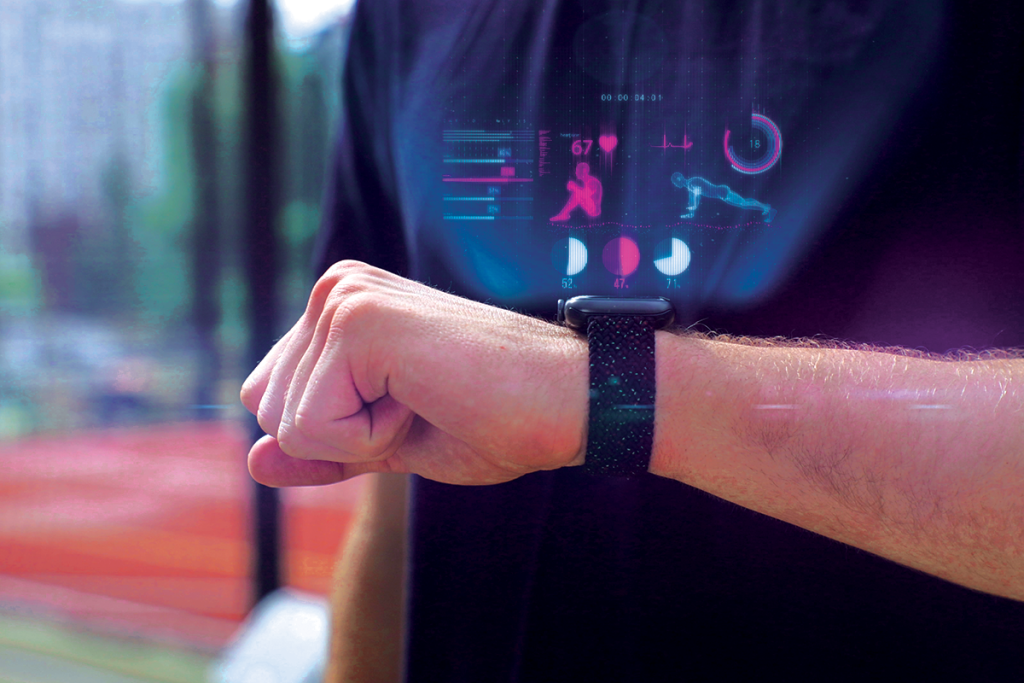Happiness is never a destination, but a process where we create and recreate the feeling in different ways.
We often assume that feelings are automatically generated and cannot be controlled. But the fact is that we all have a choice on how we want to feel and with some practice we all can get there without suppressing any emotions. All of it depends on what we focus on, how much we expand our perspectives, and how we align our lifestyle daily.
Sometimes we get disappointed when circumstances turn out differently. When we can’t control everything, why do we expect it to meet our expectations? Instead, if we can focus more on things that are impactable, we can save ourselves from expectational disappointments in areas that cannot be controlled. In many cases, expectational disappointment becomes one of the main reasons for inhibiting happiness.
Happiness, our mood is often impacted by our perspectives. When it comes to perspectives, there are always two or more angles to any situation. This leads to one of the easy tricks for achieving a happier life. It is to train our mind to think more frequently from a cheerful perspective. Optimism will always be in favor of pleasant emotions and that in turn could make our life so much simpler. This also explains how gratitude practice can be helpful for us to focus more on good things in our life.
Often our ability to think from a positive angle is blurred by unhelpful thoughts and unpleasant emotions from the past. Also, mental rigidity makes it harder to accept other helpful perspectives. If we practice letting go of unhelpful thoughts/emotions and start understanding the new sides to it, we will be able to gain more clarity in life, leading us to a happier life. This is also why training our mind to stay in the present (being mindful) helps in increasing our happiness levels. Past and future predominantly create more worries/fears in our mind.
Choosing therapy can help us release past traumas and unresolved conflicts in the mind. It can also be utilized for improving ourselves in different ways. In both cases we start bringing positive changes in ourselves. Through that we can create a positive environment for others as well as become a happier person. It helps us in healing the wounds inside ourselves, giving more space to expand our potential and become our better version of ourselves.
Therapy can also help in building a healthy lifestyle and vice versa. Having a healthy lifestyle makes life simpler and easier to work on other issues within ourselves. Hence, having good sleep, nutrition, relationships, and lifestyle becomes essential for our well-being. Meditation, which can be mindfulness or breathing practice, can be helpful too. Some kind of exercise, such as yoga, Zumba, swimming, walking, and so on, can also be a form of meditation, helping us cleanse our energy better.
A good lifestyle also involves having enough time to be involved in activities that we are passionate about. Figuring out our passion and learning new skillsets always gives a good feeling that enables us to expand our potential. When we expand our potential, we tend to generate more pleasant emotions and get to explore our inner self more efficiently. The next time we give some reason to avoid additional work or trying a different activity, let’s ask ourselves “Is it just my situation or the mindset that’s stopping me from trying it?”
Our quality of life can be much better if we can make ourselves happy more frequently. However, many times we fail to recognize or celebrate happy moments. Instead, the human mind often focuses more on failures based on expectations or worries about losing the current state of happiness in the near future. If we can recognize and cherish how happy we are at this very moment, that itself can increase our happiness levels. Let us cherish every positive outcome that makes us happy and create many more for the days to come.
Anyone associated with GS Lab | GAVS may reach out to Akshayaa at Akshayaa.s@gavstech.com and discuss their personal and professional challenges with her.

Author
Akshayaa Sridhar, Psychologist at GS Lab
Akshayaa Sridhar is a Psychologist with experience in counseling. She has completed her master’s degree in HRD Psychology from Madras University, followed by a specialization in corporate, family & school counseling. She has been working with Corporates such as Accenture and in her personal capacity has been working with private clients too.
She deals with all kinds of relationship issues, improving work productivity/academic focus, stress management, motivational issues, personal growth & development, family problems and other issues related to managing one’s own emotions, thoughts, and behaviors.




